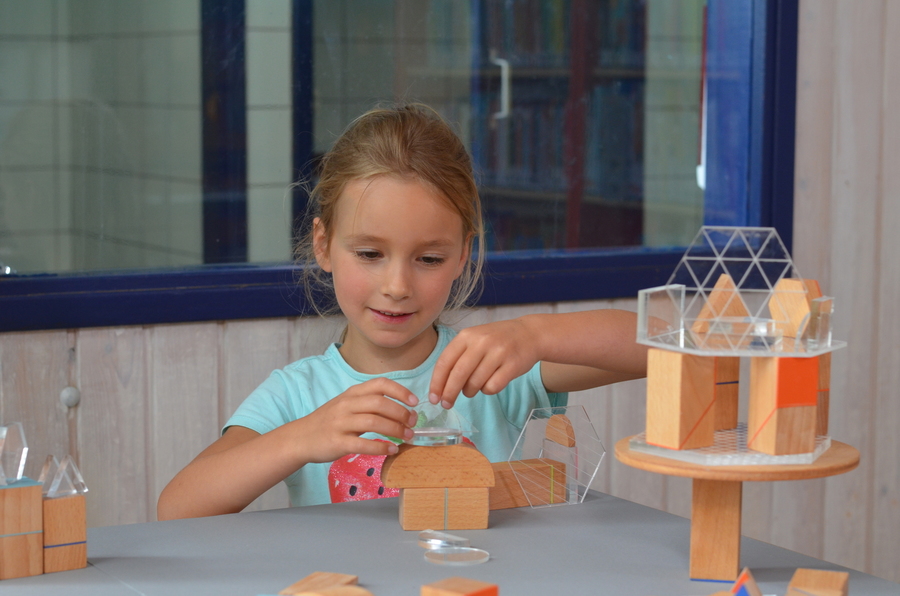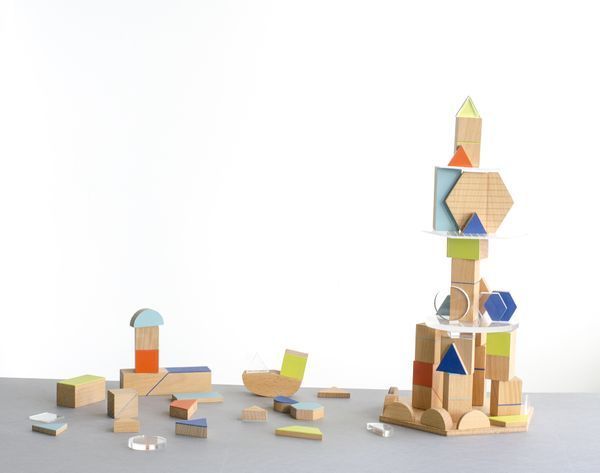De Rotterdamse Set
Contents
The wikipage input value is empty (e.g. SomeProperty::, [[]]) and therefore it cannot be used as a name or as part of a query condition.
Children discover the world trough play; they get experience by trying self-initiated things. Those experiences will help them later on in life to estimate situations. There is not a lot of room in Dutch primary schools for this natural learning process. Nearly all schools have a clear and set program which lives is measurable and thought through, but it leaves no possibility to base the education on the children’s interests.
I have made a set of toys for children from 4 to 8 years old. While playing with them, children can discover geometric principles. The set is made to use at primary schools. With my design I want to contribute in the development of more flexible and child-oriented education. In this education the child’s interest in the subject is very important. With my design I connect with children’s investigative attitude: the education becomes more relevant to the child because it’s self-directed. In this way, children will have a beter learning experience and enjoy school more.
Links
CONTRIBUTE
Feel free to contribute to Beyond Social.










